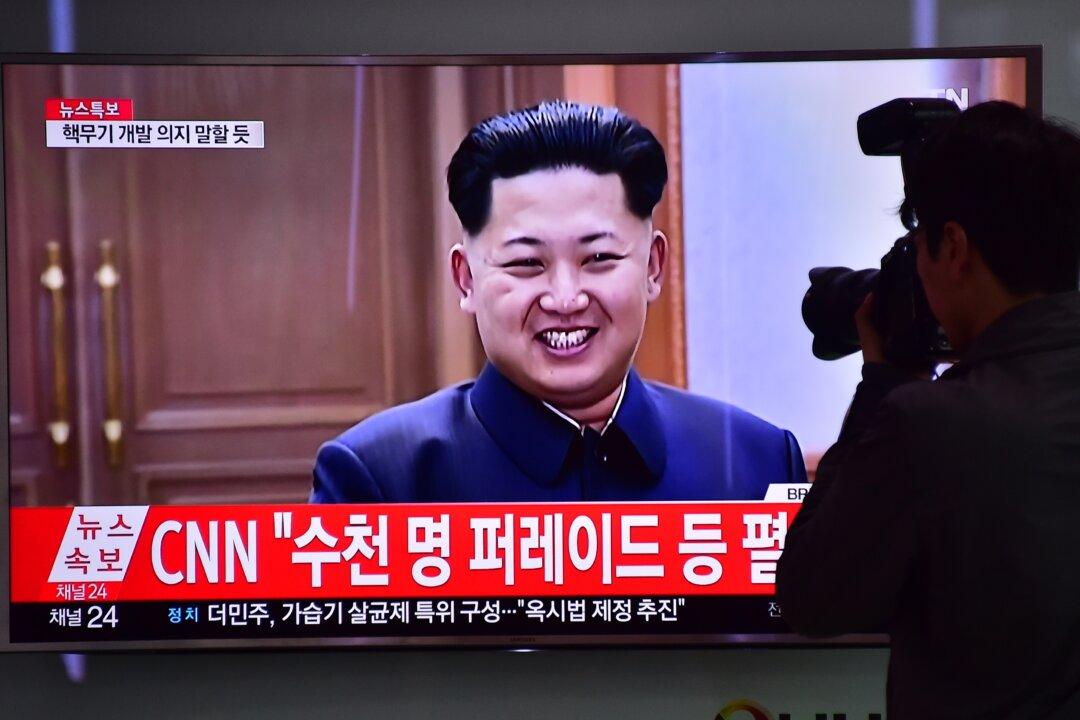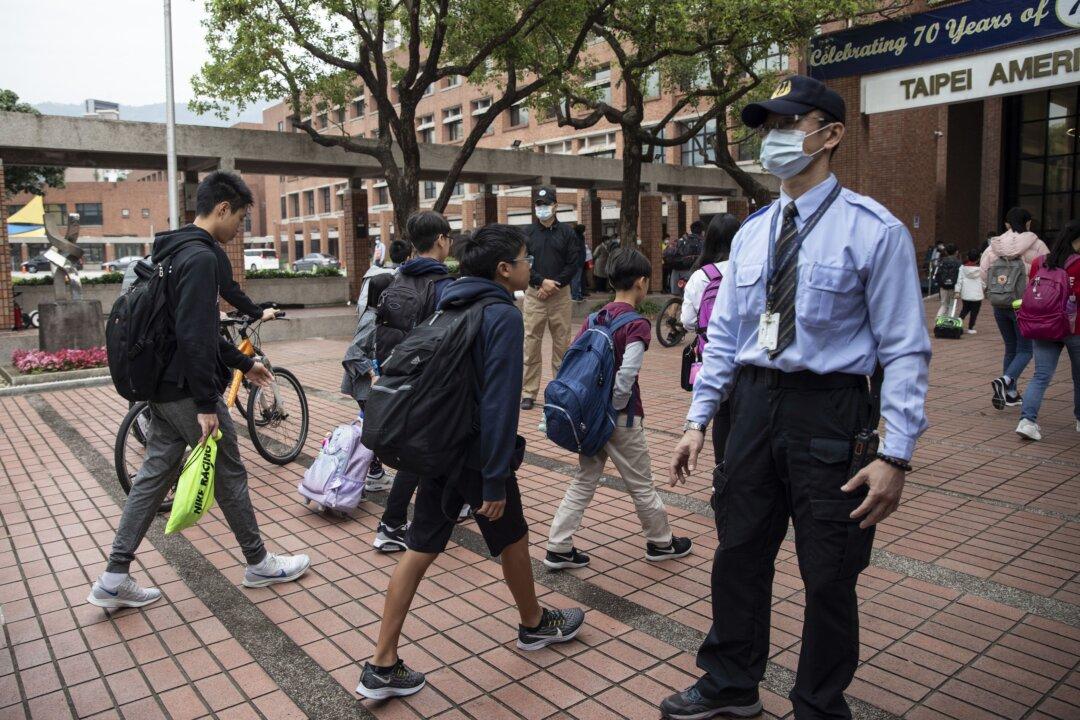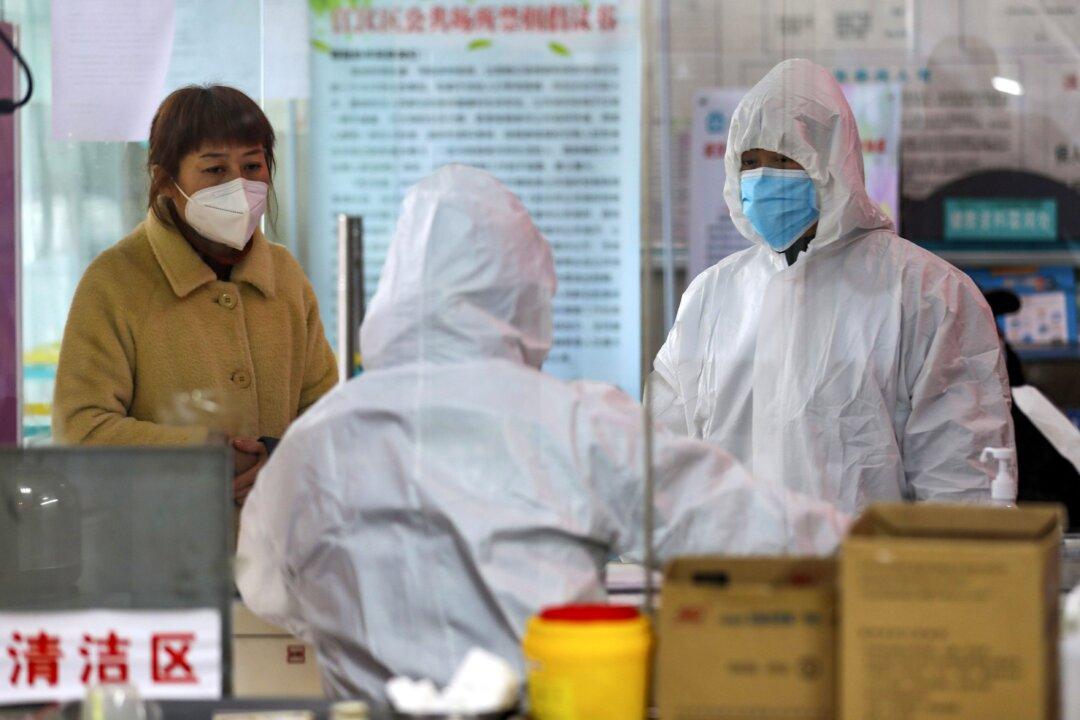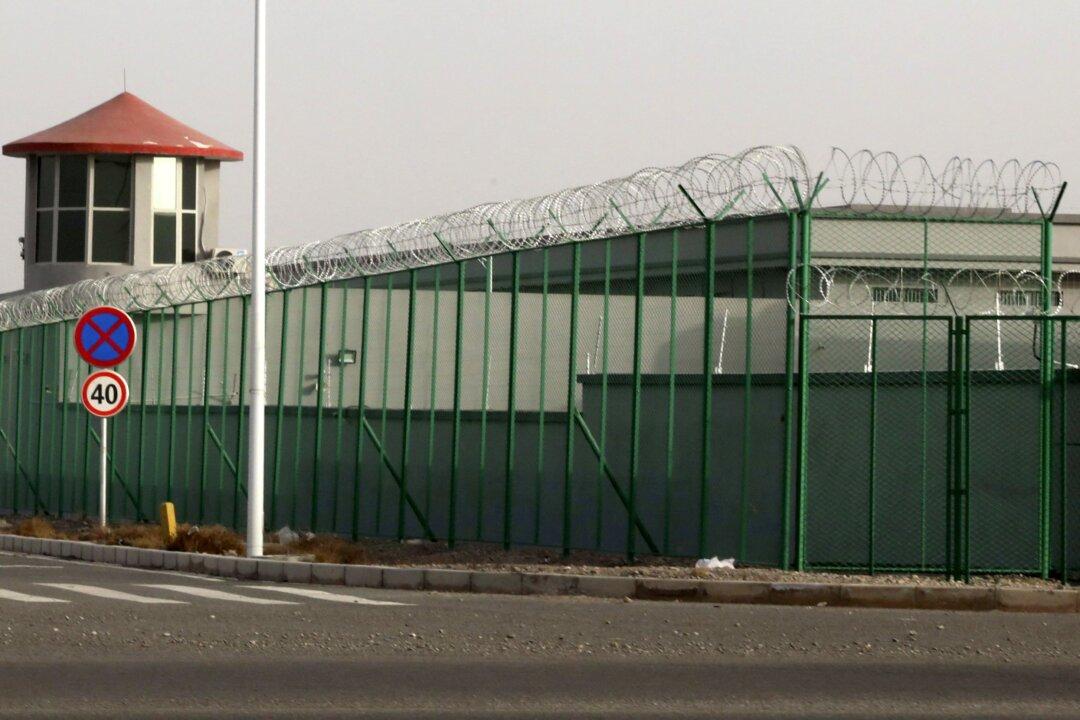North Korea’s Stalinist monarchy, led now by the third generation’s Kim Jong-un, 33, probably continues to be the most misgoverned of the world’s nearly 200 nations. Kim’s only ally, the party-state in China, continues to keep him at arm’s length, and he has yet to travel abroad or meet any world leaders.
Residents of the capital Pyongyang were painting walls, repairing roads, and rehearsing mass rallies for loyalty demonstrations at Kim’s ruling party congress. The extreme poverty and malnutrition among many of the 25 million residents of the North contrast starkly with the prosperity of 50 million Koreans living in the democracy next door. The Hyundai Research Institute estimates the per capita GDP of the North as of 2013 to be about 3.6 percent of South Korea’s US$23,838.





